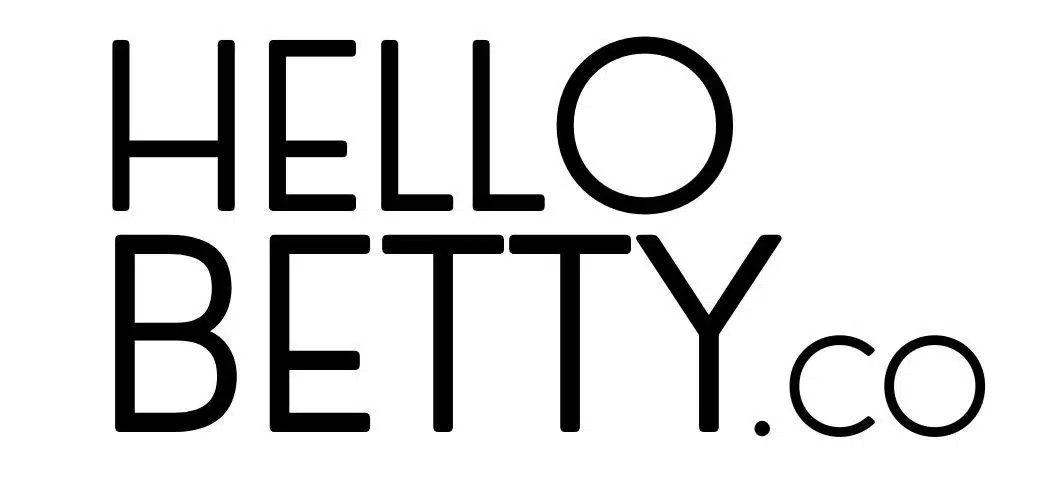Why Monetizing Your Hobby Might Not Always Be a Good Idea
It’s not too uncommon to see on social media and even articles about why it’s a good idea to turn your hobby into a side hustle or even a full-blown business. It seems like there’s an opportunity to monetize essentially any hobby, even the world of scrapbooking! Sure, the idea of monetizing your favorite pastime can be enticing. After all, who doesn’t like money? While the prospect of earning from something you love holds undeniable appeal, it’s crucial to recognize that not every hobby is best served by turning it into a source of income.
Besides, if you get money from it, it’ll eventually just turn into another stressful job, right? Sometimes, it’s not a good idea, and some things should really just stay nothing more than hobbies that you only do in your free time. So, here are the reasons why monetizing your hobby may not always be the wisest choice.
Table of Contents
Note: This post may contain affiliate links, which means if you buy from my link I might make a small commission. This does not affect the price you pay. See the full affiliate disclosure here.
Loss of Enjoyment
The moment your hobby transitions into a source of income, the dynamic can shift dramatically. What was once a source of joy and relaxation might become stressful and demanding. The pressure to meet deadlines, satisfy clients, or adhere to market trends can overshadow the intrinsic enjoyment of the hobby itself, potentially robbing you of the pleasure it once brought. Is this something that you really see for yourself?
Hobbies are meant to be that little escape from reality, a way to just unwind, relax, and forget about the stressors of the world. But it’s counterintuitive if you’re creating pressure and stress around this hobby. Seriously, all the joy will be sucked out due to deadlines and this endless pressure from it all.
It Might Not Be Good Enough to Monetize
Alright, this one might be super harsh, but if you only recently got into this hobby, is it actually good enough to monetize? For example, if you’re working on beginner crochet projects because you literally just started doing this, do you actually think you’ll be able to stand out from the crowd of sellers on platforms like Etsy who have been crocheting for years?
Again, hobbies should be out of enjoyment; you shouldn’t pick up something with the immediate expectation of making money from it because the chances are high that there are plenty of people who will outshine you.
There’s Going to Be Creative Restrictions
Unless you’re doing something like painting and then posting it online to sell (so making something how you want and the way you want it), then you can basically expect to not have nearly as much freedom as expected. So, you really need to keep in mind that monetizing a hobby often comes with a set of expectations and constraints.
Clients or customers may have specific preferences and market demands may dictate the direction your hobby takes. This can limit your creative freedom and force you to compromise on the very elements that made your hobby unique and fulfilling in the first place. As you can see, this is something that’s extremely far from ideal.
The Potential for Burnout is Sky High
When a hobby becomes a business, the line between work and leisure blurs. It’s something that massively blurs, to be honest. What was once a rejuvenating activity may turn into a relentless grind, leading to burnout.
The relentless pursuit of profit, coupled with the demands of running a business, can leave you exhausted and disillusioned, jeopardizing both your mental well-being and the quality of your work. That’s why you need to have your work and pleasure entirely separate, or you’re basically being burned out of the pleasures. It’s just not good for your mental health in the slightest.
Financial Uncertainty
While turning a hobby into a business holds the potential for financial gain, it also introduces a level of uncertainty. Sure, most of the time, this is seen as nothing more than just some side hustle. Therefore, the mash is usually not that big to begin with.
But there are things you might still want to think about, like economic fluctuations, market trends, and competition that can impact your income, creating financial stress that wasn’t present when your hobby was purely recreational. Overall, dependence on a hobby for income may lead to anxiety and instability.
Loss of Personal Connection
You need to keep in mind that monetizing a hobby often involves interacting with clients, customers, or an audience. As your hobby turns into a business, the personal connection you once had with it may diminish. The joy of engaging in your hobby solely for personal satisfaction can be overshadowed by the need to cater to external expectations and demands. It’s no longer “me time”; instead, it’s “time to work,” and there just isn’t any fun in that.
Risk of Dilution
Basically, you’re watering down something special. Basically, the intrinsic value of a hobby lies in its authenticity and personal connection. So, if you start trying to profit from your hobby, what you’re essentially doing is just diluting these qualities as the focus shifts from self-expression to meeting market demands.
Honestly, authenticity is a crucial factor in the success of many hobbies, and compromising it for financial gain may lead to a loss of identity and resonance with your audience. You have to do something for yourself, and money isn’t a good enough reason either. Some things you do for yourself just shouldn’t involve money in the slightest.
Where is the Fulfillment?
When a hobby becomes a source of income, the dynamics of personal satisfaction may shift. The joy derived from a leisurely pursuit may transform into a more transactional experience, where the primary focus is on financial gain rather than the intrinsic pleasure the hobby brings. This shift can lead to a loss of the genuine fulfillment that often accompanies a hobby pursued solely for personal enjoyment. While yes, you can feel fulfillment from your job and the ways you make an income, there’s just this different feeling when it comes to something that you love to do.
Market Trends Can Always Change
Essentially, what this means is that whatever is popular today may not be tomorrow. So, if you’re depending solely on a hobby for income, it exposes you to the risk of unforeseen shifts in consumer preferences, potentially impacting the financial stability of your venture.
There’s the Loss of a “Hobby Sanctuary”
Something else you should really think about would be the fact that a passion pursued purely for personal enjoyment serves as a sanctuary from the demands and pressures of daily life. So, if you’re trying to make some quick cash from a passion, this risks transforming it into just another job, potentially robbing you of the escape and solace it once provided. The blurred line between work and personal life may compromise the emotional refuge your hobby once offered.
There Might Be a Potential Saturation in the Market
If you’re doing it, there’s a chance others will too. Can you actually stand out? Think about COVID-19 and the giant rise in candles and candle shops everywhere! There’s always a risk of oversaturation, and it’s just not something you can always escape from. If the market is flooded with similar offerings, standing out becomes a considerable challenge. In general, it’s hard to navigate through a crowded landscape, which can be disheartening, especially when your unique voice gets drowned out by competitors.
At the end of the day, it’s going to be entirely your choice and what you think is best. But this constantly hustling culture and mentality isn’t exactly a good idea, and it’s definitely not safe or healthy to get into this toxic mindset where you always need to work, always need to be productive, and always need to make money. There’s more to life than money; you sometimes need to just stop and do something solely for yourself.






